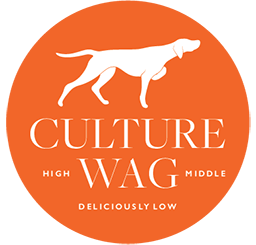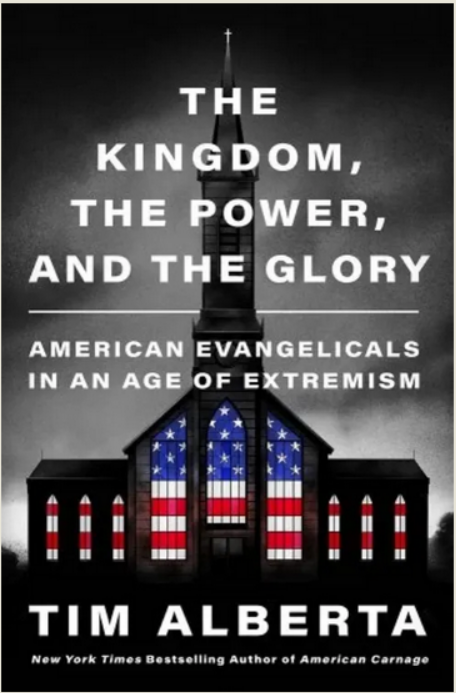Greetings, Your Eminence. More Books for You!
Dear Wags,
A colleague who is a literary critic recently quit listening to the audio version of a celebrity memoir. The author performed the entire thing in poet voice. You know, that precious, breathy singsong the pretentious fall into during when reading aloud.
A saintly listener can take that for a few minutes. But a whole book? Bye, Felicia.
Recording a book is tougher than it sounds. By the time I taped the audio version of my memoir, I’d hosted a podcast and logged time interviewing folks in public, which made the process fairly smooth. That experience toughens you up when you hear your dulcet tones…and cringe.
Even poets hate poet voice. Why did a star who should know better lapse into self-parody? Maybe the producers were too intimidated to say cut it out.
There’s this weird idea afoot that creative types are supposed to be excellent at every aspect of a complex game. Yet we all know that some singers can’t act, some actors can’t write, and loads of writers are terrified of public speaking. The myth of The Maker, perpetuated by social media, is of a polymath who nails it all flawlessly. Part of the problem is that few friends will tell you when you flop. Criticism, once a high art, is now lumped in with hating. That’s nuts. In order to produce great work, artists must be nurtured by constructive feedback.
Books on the writing craft stress technique, plotting, and character development. But before any of that, writers are best served by reading. We are first introduced to books when they are read to us. Indeed, it’s one of the earliest forms of performance we encounter. Reading aloud is an indispensable tool in refining prose. In a multimedia age, it also makes you a better promoter. When you confront your writing as a reader, you’re honoring a potential audience.
I teach a creative writing class where we evaluate students’ efforts in workshops. Recently, one of the participants told me the group was terrific because its members didn’t just gush I love this. Instead, “they gave me solid ways to think about changes I might make.” That student understands the positive power of feedback: It introduces a writer to readers and opens the door to transformation. No part of the creative process could be more optimistic. Now that’s worth singing about.
Yours ever,
BKP
The Frozen River by Ariel Lawhon
If you haven’t read Code Name Hélène, Lawhon’s historical novel about real-life World War II hero Nancy Wake, buy that book alongside this one. Regardless of which title you dip into first, you’ll be hungry for more. Her latest is another tale of a real person: Martha Ballard, an 18th century Maine midwife who became a pivotal witness in a rape trial. Ballard’s diaries provide Lawhon with rich source material in a story that has excruciating parallels with the modern reproductive rights struggle. The main character testifies to violence inflicted on a young woman who becomes pregnant by her rapist. It’s a riveting read and a thought-provoking gift for all women.
Yours for the Taking by Gabrielle Korn
Let’s tweak what Tolstoy wrote about happy families all being alike: It turns out all dystopian novels are dystopian in their own way. Korn’s debut centers on an sinister female billionaire, Jacqueline Millender, who runs the Inside Project, which builds disaster refuges beneath New York City. She also wants to eliminate the patriarchy, so no men are allowed in those tunnels. When Ava leaves her girlfriend Orchid to take part in the scheme, she and Millender’s assistant uncover an even darker aspect to the tycoon’s plans. Korn doesn’t quite connect all the big ideas she raises, but this is an electrifying contribution to the ranks of end-of-the-word novels.
The Kingdom, the Power, and the Glory by Tim Alberta
I don’t review much nonfiction reportage, but this meticulous dissection of the religious right isn’t merely outstanding journalism. Alberta, a staff writer for the Atlantic, writes from the heart as the son of a born-again minister and a practicing Christian. His chronicle of the so-called evangelical movement (evangelism is a tenet of Christian faith across the political spectrum, while fundamentalism animates hard right activists) is deeply personal. The book delves into why so many avowed Christians came to embrace Donald Trump, an amoral liar of no discernable faith. Now more than ever, that makes it a sobering and essential read.
Orbital by Samantha Harvey
Four astronauts and two cosmonauts circle the earth in a space station, lost in their own thoughts. Because of their backgrounds, each sojourner has a very different perspective on the planet far below. A writer of considerable powers, Harvey (Dear Thief and The Western Wind, among other books), plunges her characters into the “dark unswimmable sea” of space, where they ponder divinity, grief, homesickness, and love. In just 200 pages, she builds a world within a cramped satellite and considers the fragile earth we all must share. It’s an elegiac and weirdly hopeful story about how humanity must cycle on.
Songs on Endless Repeat by Anthony Veasna So
Veasna So’s short story collection, Afterparties, was a triumph that served up a gay Cambodian-American experience without shame or hubris. Sadly, he died from an overdose at 28. This posthumous anthology contains essays and articles that originally appeared in the New Yorker, and literary journals such as n+1 and the Millions. Even better, the book reveals excerpts from an unfinished novel, Straight Thru Cambotown. In dazzling fragments, a character not unlike Veasna So copes with survivor’s guilt for having survived the Cambodian genocide while listlessly pursuing a Stanford PhD. His unique voice was silenced far too soon.
Questions and suggestions for BookWag? Please ping bookwag@culturewag.com, and we’ll get back to you in a jiffy.
CultureWag celebrates culture—high, medium, and deliciously low. It’s an essential guide to the mediaverse, cutting through a cluttered landscape and serving up smart, funny recommendations to the most hooked-in audience in the galaxy. If somebody forwarded you this issue, consider it a coveted invitation and RSVP “Subscribe.” You’ll be part of the smartest set in Hollywood, Gstaad, Biarritz, and Ito in Sydney, where the hibachi wagyu is unforgettable.







